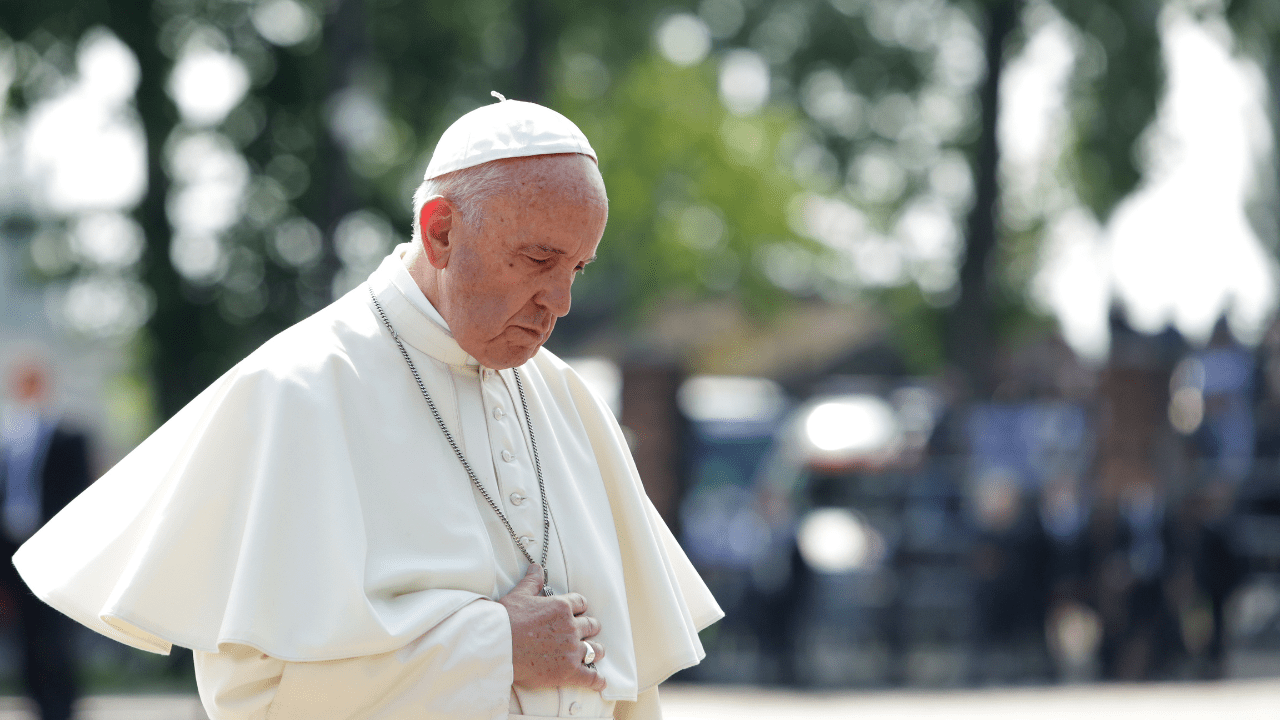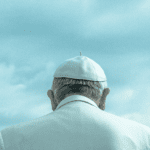It’s not unusual for a pope to be controversial. Pope St. John Paul II and Pope Benedict XVI were routinely criticized by liberals for their strong defense of unpopular Catholic teaching. Pope St. Paul VI received the ire of liberals and Traditionalists — the former rejected his teaching on contraception and the latter criticized his liturgical reforms.
Like his predecessors, Pope Francis is no stranger to criticism. But his case is different from many former popes. Liberals routinely praise him for his “openness” (although they often ignore statements from him that defend traditional Church teaching). Traditionalists write him off as an unfaithful steward of the Lord’s house.
Many Protestants with Catholic sympathies see him as a stumbling block to entering the Church. They hear that the pope is supposed to be infallible, while at the same time, Catholics claim that Francis is changing Church teaching.
What do we make of this confusion? Part of the problem is people not knowing — or forgetting — some basic principles about the papacy.
To better work through the controversies surrounding Pope Francis, keep the following points in mind.
Not everything a pope says is infallible.
The Catechism of the Catholic Church says this about papal infallibility: “The Roman Pontiff, head of the college of bishops, enjoys this infallibility in virtue of his office, when, as supreme pastor and teacher of all the faithful — who confirms his brethren in the faith he proclaims by a definitive act a doctrine pertaining to faith or morals.”
Notice some of the requirements here. The pope has to be speaking as the “supreme pastor and teacher of all the faithful,” not solely as a private individual or bishop of the Diocese of Rome. He has to be speaking on faith or morals. And he has to make the proclamation definitive and binding.
Most things the pope says don’t meet all these requirements. The Code of Canon Law adds the following helpful point: “No doctrine is understood as defined infallibly unless this is manifestly evident.”
Not everything a pope says is authoritative.
As we said in an earlier blog about doctrine and dogma, a teaching can be authoritative, but not infallible. A lot of Church doctrines fall under this category. The faithful still need to submit to these teachings, but they don’t call for the same degree of assent as infallible teachings, and elements of them are subject to change.
But not everything the pope says falls into this category. Case in point with Pope Francis: Many of his controversial comments came from casual, on-the-spot interviews he did with reporters on flights. These don’t generally fall into the category of doctrine or dogma, although nothing prevents the pope from solemnly defining something in such a situation.
This means the pope can say things that are erroneous or unclear without undermining his office. While Catholics should always be respectful to the Vicar of Christ, these casual comments can be charitably criticized.
Good and bad popes can teach authoritatively in God’s name.
In Matthew 23:2-3, Jesus tells His followers, “The scribes and the Pharisees sit on Moses’ seat; so practice and observe whatever they tell you, but not what they do; for they preach, but do not practice.”
Many Protestants (and some Catholics) confuse infallibility with the inability to sin. But the two are not the same. Being able to teach without error doesn’t mean the pope doesn’t sin.
Yet some Catholics who know this distinction are quick to undermine papal authority anytime the pope says anything scandalous.
Make sure the pope isn’t being misinterpreted.
Granted, Pope Francis has said many things that have made us scratch our heads. But the media also has a knack for taking things out of context or not relaying clarifying remarks the pope later makes.
As an example, many news outlets reported on a story where Pope Francis was asked about the LGBTQ community and responded, “Who am I to judge?” Some people in the media suggested that this was an indication that the Church was about to change its teaching on homosexuality and gay marriage.
But though his approach to the LGBTQ community has been different than other popes, Pope Francis still regularly upholds the Church’s teaching on the subject, as you can see here.
But what about if Pope Francis is a heretic?
We dealt with that question in this blog.
The Church is perfect insofar as it is the vehicle of God’s revelation and the grace of the sacraments. But the Church is composed of imperfect people and the office of the pope doesn’t give the grace of perfection to the officeholder.
So let us not let the flaws — or even scandals — of any pope shake our faith in God. We should pray more for the pope, so that his faith and witness to Christ are strong.






